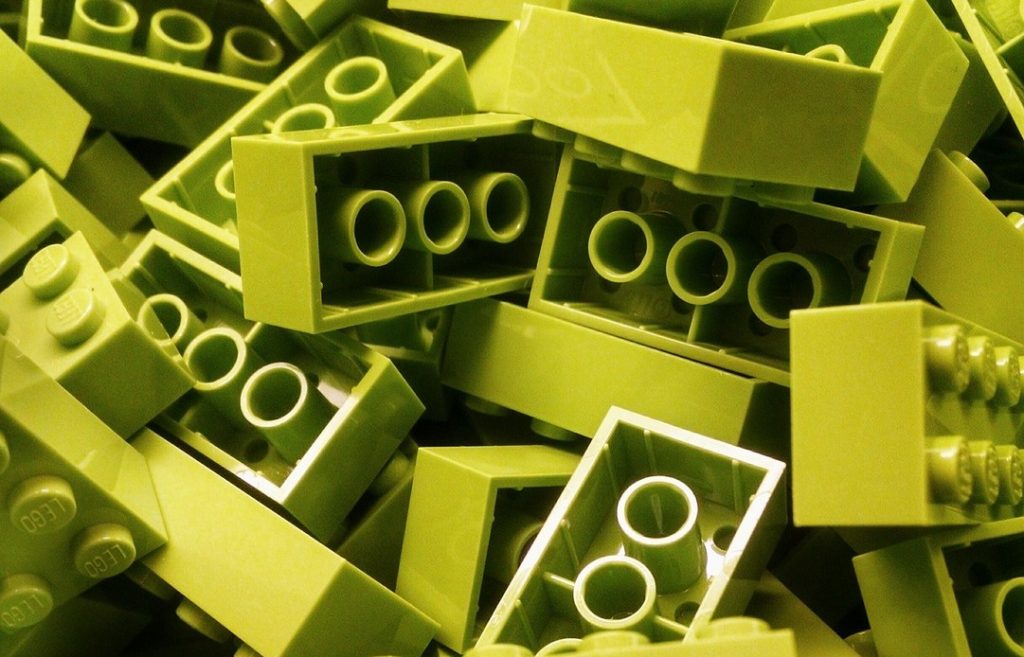Lego is set to replace fossil fuel-based plastic in its bricks with pricier renewable materials by 2032.
Others are reading now
Lego has announced plans to switch the materials in its iconic bricks to more expensive renewable and recycled plastics by 2032.
This move is part of Lego’s broader effort to become more sustainable, though the company faces challenges in finding the right materials and handling the higher costs.
Over the past few years, Lego has tested over 600 different materials to find a suitable replacement for its oil-based bricks.
While progress has been slow, the toy giant is now focused on gradually reducing the oil content in its products, even if it means paying up to 70% more for certified renewable resin, the raw plastic used in brick production.
Also read
This higher cost is expected to motivate manufacturers to increase the production of sustainable materials.
“This means a significant increase in the cost of producing a Lego brick,” CEO Niels Christiansen told Reuters.
Despite the added expense, Christiansen says Lego is committed to this investment. Thanks to its family ownership, the company can absorb the extra costs without raising prices for customers.
By 2026, Lego aims to have more than half of the resin it uses certified by the mass balance method, which tracks sustainable materials through the supply chain. This would be an increase from the 30% achieved in the first half of 2024.
Lego’s push for renewable materials comes as there’s a global surplus of cheap virgin plastic, spurred by major oil companies’ investments in petrochemicals.
Even so, Lego’s suppliers are turning to bio-waste, like cooking oil and food industry waste fat, to produce the renewable resin needed for the bricks.
The market for recycled or renewable plastic is still developing, partly because much of the available material is used for subsidized biodiesel.
But the demand for sustainable alternatives is growing. Companies like Neste, the world’s largest producer of renewable feedstocks, have noted increased activity and investment in this area.
While Lego is leading the way in sustainable plastic for toys, its competitors are also making progress. Hasbro has started using plant-based or recycled materials in some products, and Mattel plans to use only recycled, recyclable, or bio-based plastics by 2030.


